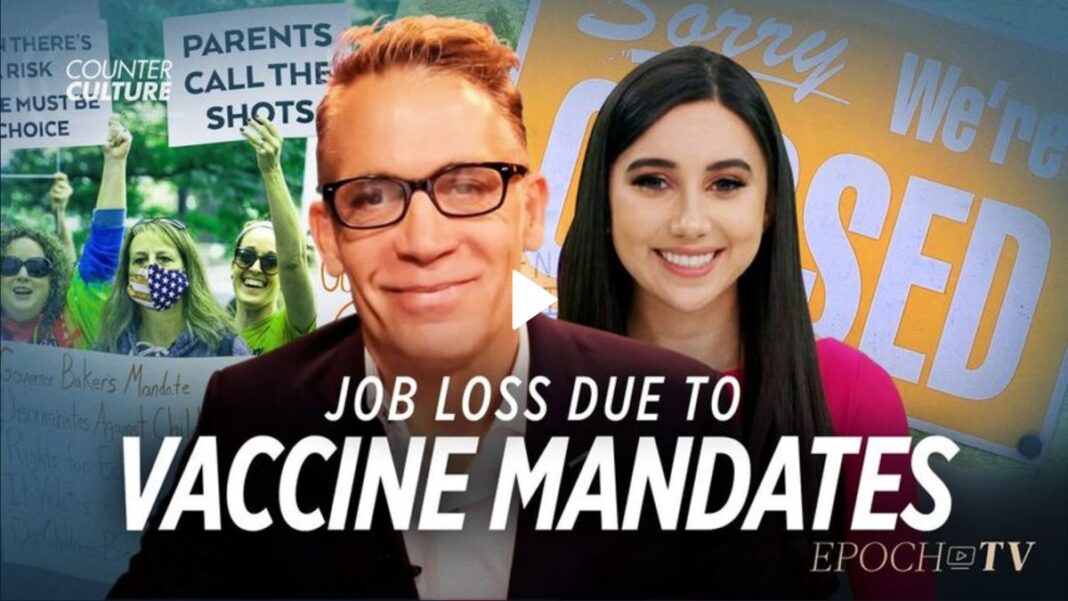
Judge Bruce Schroeder on Nov. 15 dismissed a misdemeanor weapons charge against Kyle Rittenhouse before closing arguments were slated to begin in his homicide trial.
Rittenhouse had faced a charge of possession of a dangerous weapon by a person under 18, which carries a fine of up to $10,000 and a nine-month jail term. The teen still faces five felony counts and, if he’s convicted on the most serious charge, could face life in prison.
His attorneys argued that Wisconsin’s statute has an exception, involving the barrel length of the rifle or shotgun, that could be read to clear Rittenhouse of the weapons charge.
Prosecutors conceded during the Nov. 15 court proceeding that Rittenhouse’s rifle wasn’t short-barrelled. Schroeder then dismissed the charge.
Earlier, the judge had dismissed the defense’s effort to toss the charge. But on Nov. 15, Schroeder argued that the statute was poorly written.
“I have big problems with this statute, I’ve made no bones about that from the beginning,” the judge said in the courtroom.
The defendant, who was seen on video carrying a Smith & Wesson M&P 15 firearm before the shooting, claimed he acted in self-defense when he shot and killed two people and injured a third during riots, protests, and arson attacks in Kenosha following the police-involved shooting of Jacob Blake in August 2020.
Rittenhouse, who said he is a former firefighter EMT, last week testified that he shot Anthony Huber, Gaige Grosskreutz, and Joseph Rosenbaum in self-defense as they and several others attacked him. On the night of the shooting, he argued that he sought to provide first aid to individuals and defend businesses from arsonists and vandals.
“I didn’t intend to kill them. I intended to stop the people who were attacking me,” Rittenhouse said when questioned by prosecutors.





